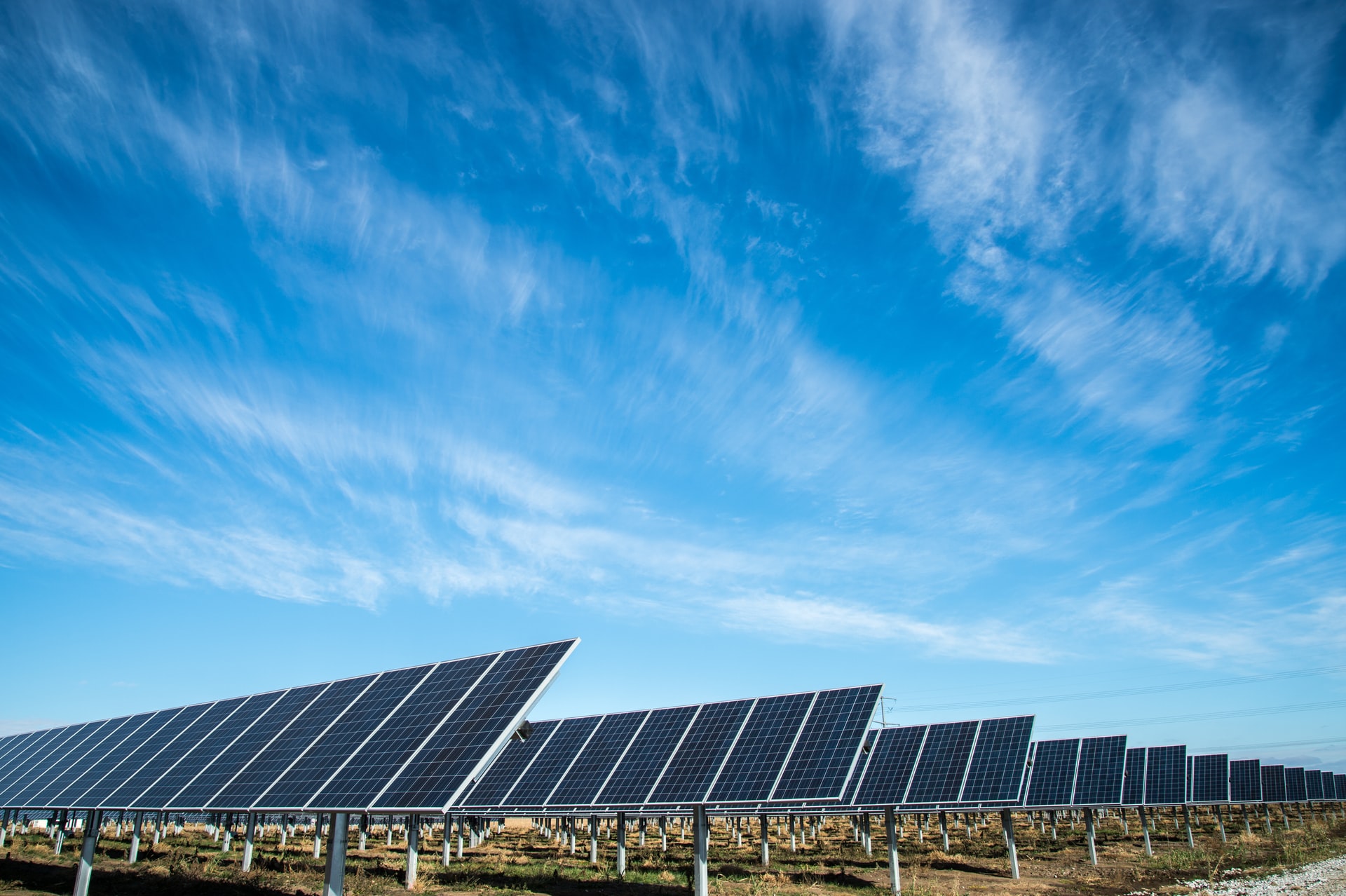Scaling Renewable Energy in the Caribbean

Currently, energy generation in the Caribbean is largely dependent on fossil fuel imports, particularly diesel and heavy oil. However, this is increasingly expensive and is also grossly inefficient. Fossil fuels also drive climate change, to which the Caribbean is especially vulnerable.
The Caribbean is a region that is abundant in renewable energy resources, thereby favoring cleaner energy generation technologies such as geothermal, solar, wind, biomass and marine energy generation (wave and tidal). Furthermore, the cost of these cleaner generation technologies have fallen dramatically in recent years, making them much more attractive generation options. Consequently, renewable energy plants harnessing these technologies are starting to appear in the region on a regular basis, particularly including wind farms, solar farms, residential solar panel arrays, solar thermal panels for heating and hot water and various others.
In Barbados alone, over half of households are already using solar thermal systems, which are fairly cheap to manufacture.
Geothermal meanwhile is being actively pursued on islands formed by volcanic activity, such as St. Lucia, St. Kitts and Nevis, Dominica, St. Vincent and the Grenadines, and also on the island of Grenada.
An increasingly important factor in the region is making those systems storm-resilient, given the impacts of climate change and the way this is tending to increase the severity of storms.
MPC Caribbean Clean Energy Fund
MPC Caribbean Clean Energy Fund is an investment fund that invests in clean energy projects across the Caribbean. It was founded in 2017 and in 2019 acquired the 21 MW Tilawind wind farm, located in Tilarán, Costa Rica, which first became operational in 2015. The company had previously invested in the 51 MWp Paradise Park solar farm in Jamaica.
The fund is also an owner of the Paradise Park solar farm in Jamaica, alongside Neoen and Rekamniar Frontier Ventures. This facility was commissioned in 2019.
BMR Energy
BMR Energy is a developer and operator of clean energy projects in the Caribbean and in Latin America. In 2021, it announced it had started construction of the Valle Escondido solar facility, located in the municipality of Bagaces, province of Guanacaste, Costa Rica. The company assumed control of this project in April 2021 but it will subsequently be passed on to Virgin Group which will own and operate it, supplying energy to the Costa Rican Electricity Institute (ICE) via a 20-year Power Purchase Agreement. The facility will be one of the largest solar farms in Costa Rica, a country which is already generating 98 percent of its energy from renewables.
In Jamaica, BMR Energy developed the 36 MW Jamaica Wind Farm, which it also owns and operates. This facility is equipped with 11 Vestas V112 3.3 MW wind turbines and is located 90 kilometres west of Kingston. It began operating in 2016 and that same year received the 2016 Impact Award from the US Overseas Private Investment Corporation (OPIC). The wind farm generates about 130,000 megawatt hours of energy per year, equivalent to 3 percent of Jamaican energy demand. This energy is supplied to 25,000 consumers through the Jamaica Public Service Company. It displaces an estimated 66,000 tons of CO2e greenhouse gas emissions per year.
In 2017-18, BMR Energy helped to repair the Spanish Town solar farm in St. Croix, US Virgin Islands, after that facility had been damaged by Hurricanes Irma and Maria, causing it to remain offline for nearly 5 months. Not only was the facility repaired but BMR built in improved storm resilience. The restoration of the plant was completed by November 2018 and won the 2019 Best Resilience Project Award by the Caribbean Renewable Energy Forum (CREF). The facility consists of 16,000 solar panels with 9 inverters and generates 4 MW of power, supplying around 1,600 homes in St Croix and displacing 7,200 of CO2e greenhouse gas emissions. BMR acquired the plant in full from NRG Energy in June 2018.
Also situated in the US Virgin Islands is the Donoe solar farm, originally constructed in 2015 in St Thomas but damaged in the 2017 storms. Having acquired the site in 2020, BMR proceeded to construct an entirely new solar farm in 2021, adding in various technology improvements to increase resiliency.
Also in 2018, BMR Energy acquired the utility-scale Bodden Town Solar Farm in the Cayman Islands, which had been completed the year before. The Cayman Islands has a target of 70 percent renewable energy 2037. The Bodden Town Solar Farm consists of 21,690 solar panels and generates 5 MW of clean energy for the Caribbean Utilities Company, Ltd. It was improved in December 2018 following the acquisition and supplies enough energy for 1,800 homes.
Leclanché
On the island of St. Kitts, in the Basseterre Valley, Swiss battery developer Leclanché is currently collaborating with MPC Energy Solutions to construct a 35.6 MW solar energy plant and 44.2 MWh battery storage facility which will be the Caribbean’s largest Solar+ Storage project. Via a 20-year power purchase agreement, this will enable the St. Kitts electricity utility, SKELEC, to transition from diesel to renewable energy. The project will provide 25 to 30 percent of St Kitts power demand and incorporates advanced inverters and the company’s own EMS, which will help to smooth out fluctuations in the power supply and manage grid stability.


Nice post. I learn something totally new and challenging on websites